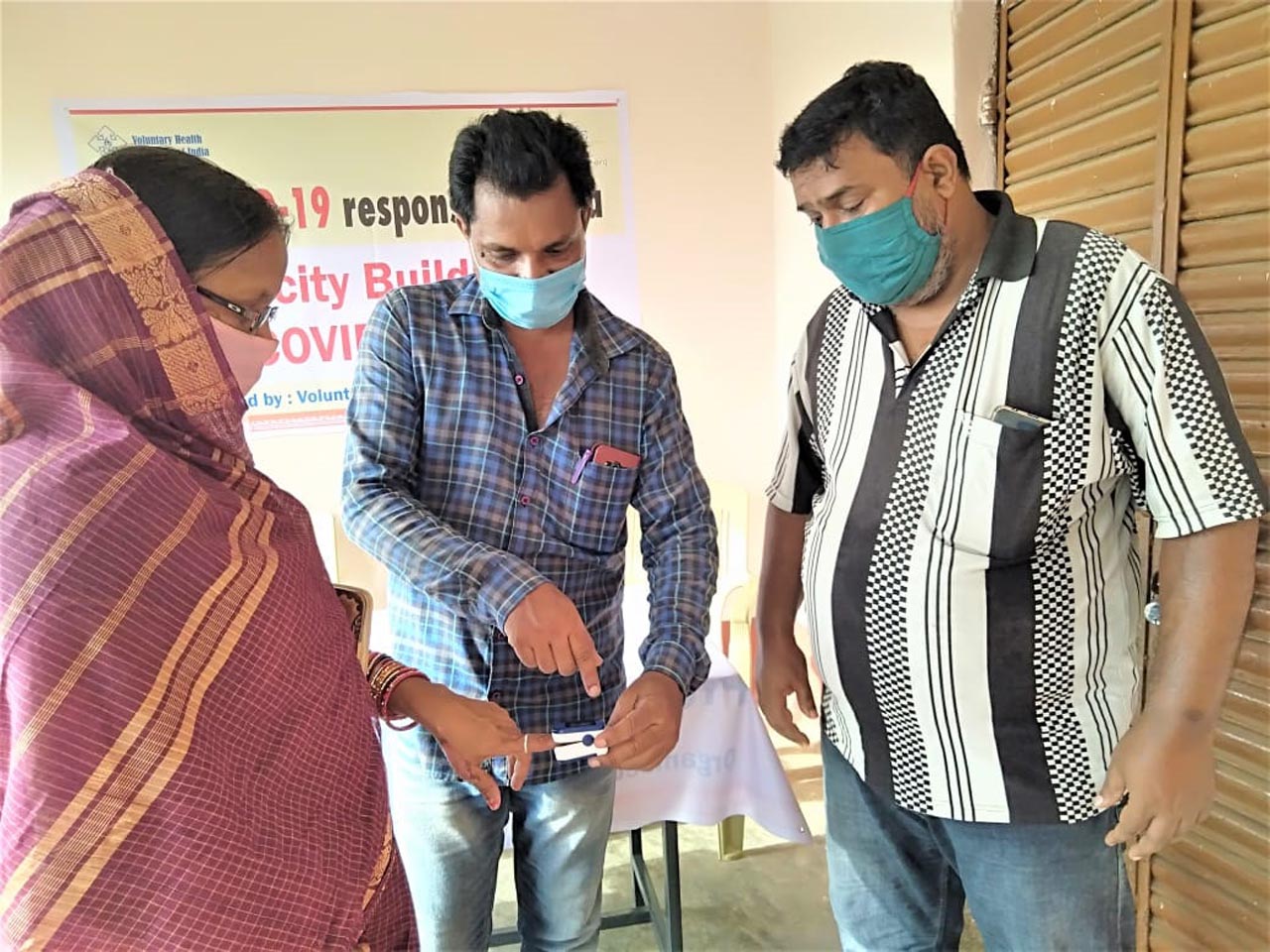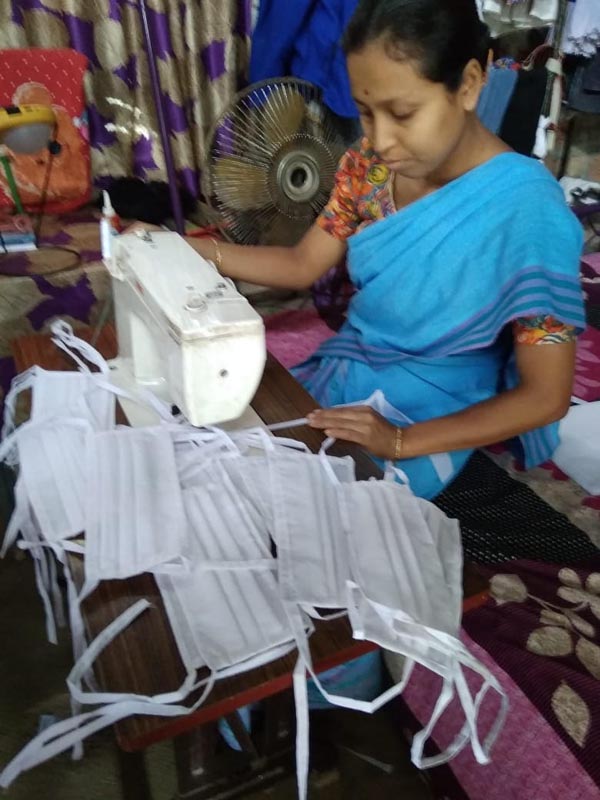The COVID-19 pandemic is spreading rapidly across India. As of May 2021, India has the second-highest number of confirmed cases in the world with nearly 24 million reported cases of COVID-19 infection and 262,317 deaths as of 13 May 2021. A second wave beginning in March 2021 was much larger than the first, with shortages of vaccines, hospital beds, oxygen cylinders and other medicines in parts of the country. On 30 April 2021, it became the first country to report over 400,000 new cases in a 24-hour period.
The pandemic has had a particularly adverse impact on vulnerable groups who face high levels of uncertainty in terms of their health and economic wellbeing. This pandemic has exposed the fault lines in the health care system, as like most countries, India has struggled in influencing positive behaviour change and implementing risk communication strategies effectively. For instance, overcrowding in the markets during the festival seasons in India. It highlights the critical need of the hour – ‘health promotion linked roadmap’, to boost the nation’s capacity. It requires collective action of the government and other stakeholders, including local communities, tailored to the local context, thereby and strengthening capacity for future preparedness.
About the programme
The programme is a collaboration between VHAI and International Union for Health Promotion and Education (IUHPE) funded by Vital Strategies. Under the collaboration, VHAI has been proactively working with the local communities in different settings of the country to educate and support them on COVID-19 prevention and management in close collaboration with the central, respective state and local governments.
The project is being implemented in vulnerable settings of India with an aim to build the capacity and resilience of the local communities and health systems to mitigate the effects of COVID-19 as well as to develop a sustainable roadmap for effective management & prevention of COVID-19/future disease outbreak.

Objectives
- To build the capacity of the local communities on COVID-19 response and empower them to mitigate its impact.
- To facilitate positive behaviour change on COVID-19 prevention and management.
- To create peer educator networks and community coalitions for knowledge sharing and to coordinate local responses adapted to the needs of local communities.
- To strengthening the ongoing government programmes catering to the needs of the vulnerable population.
- To develop a sustainable roadmap for effective management and prevention of COVID-19/future outbreak.
Geographical coverage
Vulnerable communities in District Ganjam, Odisha. The region has poor literacy rates, high unemployment rates, below average labour force participation rate, migration of skilled population to other states.
Key Activities
A rapid community-based assessment was conducted to assess the existing knowledge and practice as well as needs of the local communities in the proposed intervention areas.
Capacity strengthening of peer educator networks, the pre-existing COVID-19 team as well as the government frontline workers. The communication strategies & IEC material are tailored as per the health literacy of the local community groups employing the most effective channels of communication such as one-to-one discussion, small group discussions, consultations, street plays, films, social media etc.
To entail capacity strengthening of community groups, religious/political leaders, strengthening of local self-government to prepare COVID-19 resilient Gram Panchayat (Village Council) Development Plan and active advocacy with the government for pro-vulnerable policies to build linkages between the communities, government and other agencies.
To strengthen the ongoing government programmes and grass roots health systems such as Health & Wellness Centers through liaising with the government departments to integrate health promotion as an important component in their ongoing health and development programmes at the grassroots.
Addressing some of the key social determinants of heath such as provision of hand washing facilities as well as strengthening of government health facilities.
A set of IEC material such as a toolkit, training modules, leaflets and posters are being used developed/adapted, taking into account the findings of the community based assessment communication patterns as well as inequalities and vulnerabilities of the population.

